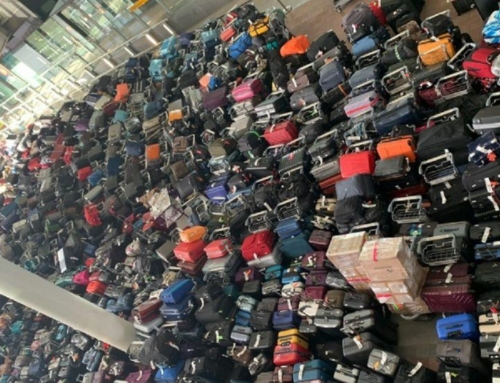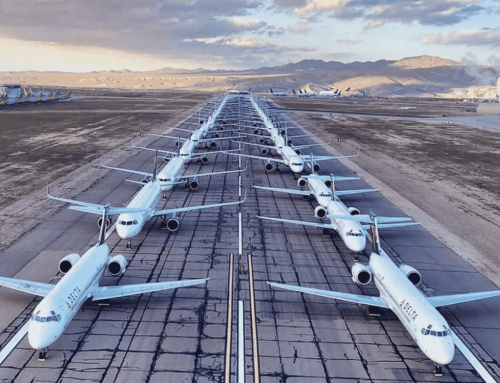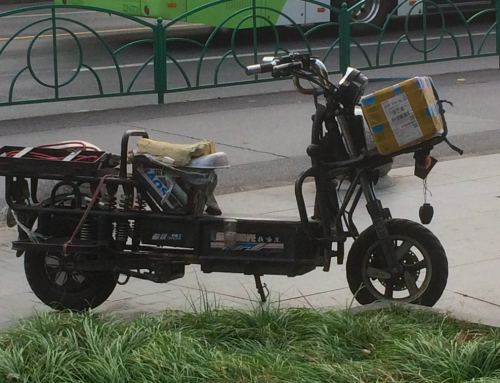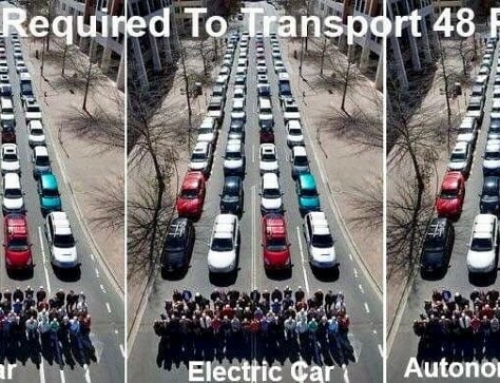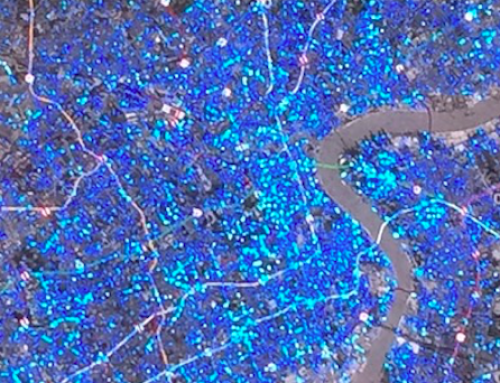How was the traffic on your vacation drive home this year? Any near misses? Twenty thousand citizens are killed in traffic accidents in Europe each year, so you probably saw more than one car crash or its aftermath.
For the European Commission, these deaths are a price we must pay for progress. As a de facto marketing agency for the mobility services and equipment sector, the Commission appears to be unaware that a mobility strategy could be based on access – to conveniently-sited services – rather than movement to reach them. The nightmare fact that freight transport has increased by 30 percent in a decade, and will rise another 50 percent by 2020, is reported with apparent satisfaction in its recent review of transport policy.
Walking and cycling are not mentioned, at all, in this document.
For John Whitelegg, we have to move from an energy/emissions perspective to a wider “total impact” perspective on mobility. After 30 years or more of debate about transport and environmental impacts, we still miss or downplay things like: land take (when land taken for transport infrastructure is lost to food production and biodiversity); fragmentation (a tiny land take for a road) is a 100% change in character if it physically divides and separates a formerly unified area); landscape noise; and fiscal matters: who determines that spending billions on roads or high speed trains is a good way to allocate resources against competing demands in health care, education, poverty, pensions?”
More on this at New Mobility/World Transport Agenda.To subscribe to the mailing list: WorldTransport-subscribe@yahoogroups.com
